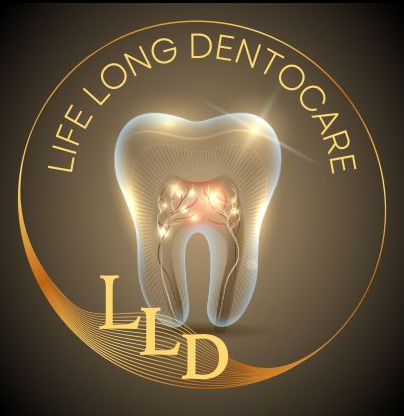What Exactly is a Dental Veneer?
What Exactly is a Dental Veneer?
A dental veneer is a thin piece of porcelain or composite resin that is custom-made to fit over the front surface of a tooth. They are designed to improve the appearance of teeth by altering their shape, color, length, or size. Veneers are bonded to the front of the teeth, creating a natural-looking and durable new surface.

Why Dental Veneers?
Dental veneers are used for various reasons, including:
- Improving the aesthetics of teeth and smile for those with discolored, worn, chipped, or misaligned teeth.
- Covering gaps between teeth.
- Offering a long-term solution for teeth that do not respond well to whitening procedures.
Benefits of Dental Veneers
- Aesthetic Enhancement: They provide a natural tooth appearance and can drastically improve one's smile.
- Durability: Porcelain veneers are strong and long-lasting.
- Stain Resistance: Porcelain veneers resist stains better than resin veneers and offer a surface that mimics the light-reflecting properties of natural teeth.
- Customization: Veneers can be shaped and colored to match existing teeth or make desired improvements.
Disadvantages of Dental Veneers
- Irreversible Process: Veneers require the removal of a small amount of enamel from the tooth surface, which cannot be replaced.
- Sensitivity: Some people may experience increased sensitivity to hot and cold after getting veneers due to enamel removal.
- Cost: Veneers can be expensive and are usually not covered by insurance as they are considered cosmetic.
- Potential for Damage: While durable, veneers are not indestructible and can chip or break under pressure.
How Long for the Procedure?
Getting veneers typically requires a few visits. The first visit involves a consultation, planning, and possibly preparing the teeth by trimming a small amount of enamel. The second visit usually involves bonding the veneers to the teeth. Some types of veneers don't require preparation and can be done in a single visit.
Useful Hints for Dental Veneer Aftercare
- Maintain Oral Hygiene: Brush and floss regularly to maintain the health of your veneers and surrounding gums.
- Avoid Hard Foods: Don't chew on hard objects like pens, ice, or your nails to avoid chipping.
- Wear Protection: Use a mouthguard if you play sports or a night guard if you grind your teeth.
- Regular Dental Visits: Keep up with regular dentist visits for cleanings and checkups.
- Avoid Stain-Causing Substances: Minimize coffee, tea, red wine, and tobacco to prevent staining.
Types of Veneers
- Composite Veneers: Made of a resin that is shaped and hardened on the tooth. They are less expensive, can usually be done in one visit, but are not as durable as porcelain and can stain more easily.
- Porcelain Veneers: Made of a thin porcelain shell that is bonded to the front of the teeth. They are more durable, resist stains better, and can last 10 to 15 years or more with proper care.
Choosing between composite and porcelain veneers typically depends on the cost, desired aesthetics, and the longevity of the veneers. It's best to consult with a dental professional to decide which is best for your individual needs and situation.

